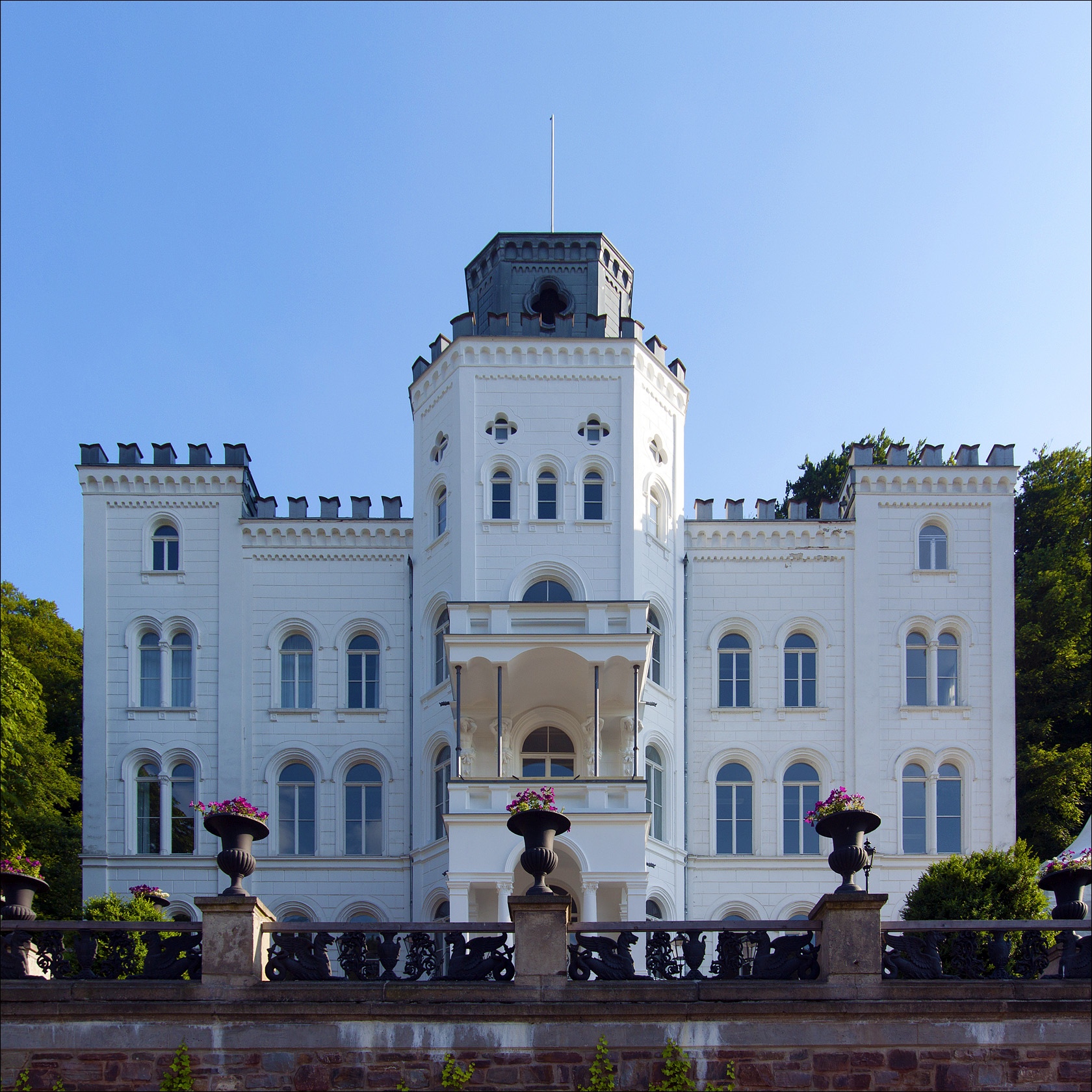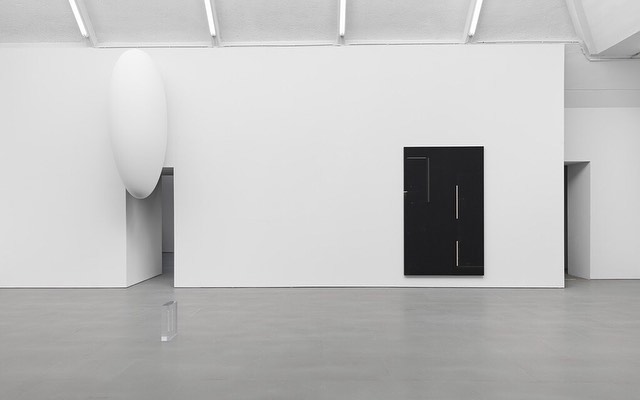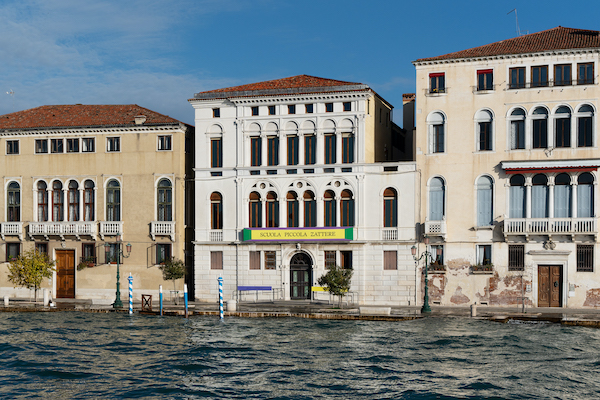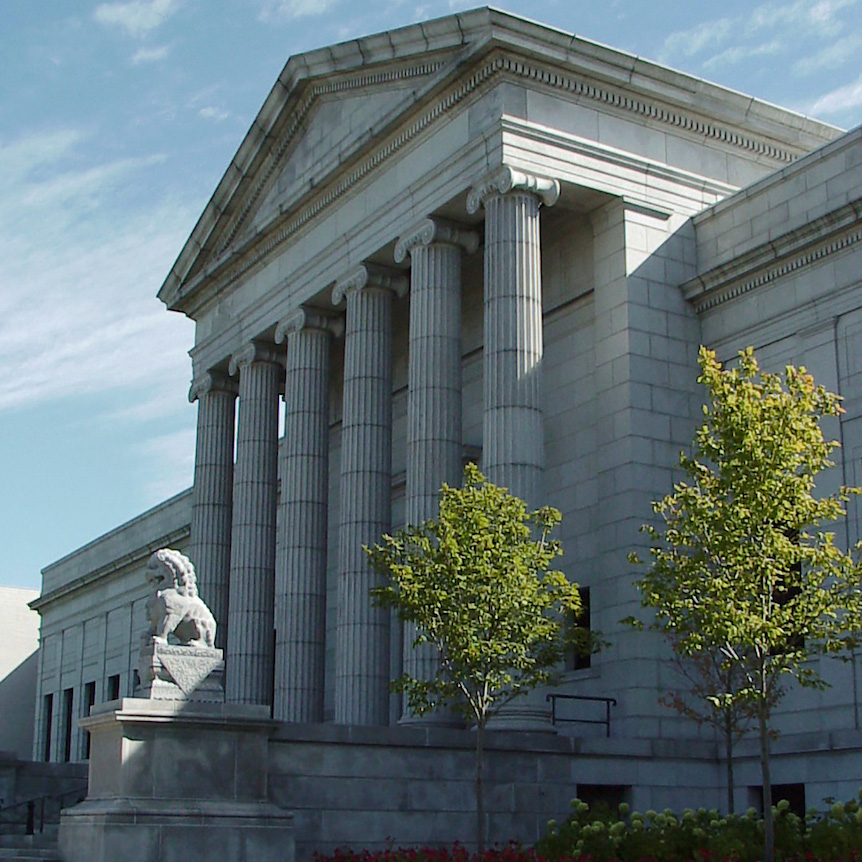Tasks and aims
Founded in 1995, Künstlerhaus Schloss Balmoral in Bad Ems is a place for reflection, artistic production and discussion and as a meeting place. It supports and fosters fine artists from around the world by awarding residential fellowships. Schloss Balmoral functions as a medium between past and present fellows. It seeks to form a bridge between the artists’ present and their future.
The Künstlerhaus presents public events such as talks and lectures, concerts and exhibitions. Works by resident artists are regularly shown in the exhibition space of the Künstlerhaus in the centre of Bad Ems.
Schloss Balmoral sees itself as an interface between artistic work and theoretical reflection. This is why we are advertising a Residential Fellowship for a Curator. The fellowship will involve organising and putting on three group exhibitions in the exhibition space of the Künstlerhaus in the centre of Bad Ems, in collaboration with the artists in residence. Ideally, we would also like the fellowship holder to develop a programme of events to take place during each exhibition. After all, as Jean Christoph Amman once said in Bad Ems, “Contemporary art needs explaining”. Words, like keys, are able to unlock new (thought) spaces and make it possible to get to grips with artistic ideas.
If, following on from the fellowships, a final exhibition takes place featuring all fellowship holders, the fellowship holder accompanies it curatorially in cooperation with the management of the Künstlerhaus.
Requirements
The curatorial fellowship is being advertised for applicants (m/f/d) from Germany and internationally with university degree (at least M.A.) and first curatorial experience. A good command of German and English is required.
What is expected
The curatorial fellowship is conceived as a residential programme, which means that intensive location-specific work at Schloss Balmoral is required.
The residency will be awarded for a period of eight months and will include a scholarship of EUR 1,400 per month plus a supplement for travel expenses to Schloss Balmoral. The residency begins in April.
The fellow will take Bad Ems as their main fixed place of residence for the period of the residency (registration with the authorities is obligatory).
The fellow will be provided free of charge with a furnished apartment in the Künstlerhaus with living/bed space, shower, toilet and a studio. Due to this being an historic listed building, it is unfortunately not barrier-free, and the size and fittings of the apartments and studios means that they are generally only suitable for one person. The terms of use are set out in the house rules, compliance with which is obligatory. All ancillary expenses such as water electricity and heating will be covered by the Künstlerhaus
A common room, dining room and kitchen invite residents to meet and exchange ideas and spend time in each others’ company. The fellow will also be able to use the library, which contains some 6,000 volumes, mainly on modern and contemporary art, and the major art journals.
The successful applicant will be sent a fellowship contract and a copy of the house rules with their confirmation of acceptance. The residential fellowship is awarded with legally-binding effect once the contract has been signed by the fellow.
The fellow is asked to write a report on their residency in Künstlerhaus Schloss Balmoral after the residency has finished.
Selection process
The decision on the award of the residential fellowship will be made by an expert jury on the basis in particular of the potential for the theoretical and curatorial work for development within the framework of the programme. The jurors will make their selection according to criteria of quality on the basis of samples of work submitted by the applicants (see below for details).
Application
An application form for each fellowship is ready for download during the application period. This must be completed and sent with the application.
Application documents:
- 2-page application form with passport photo
- CV
- degree certificate
- reasons for choosing to appy for the residency (maximum 300 words)
- list of publications (if any)
- selection of published scholarly essays
You can find further information on how to apply here.











